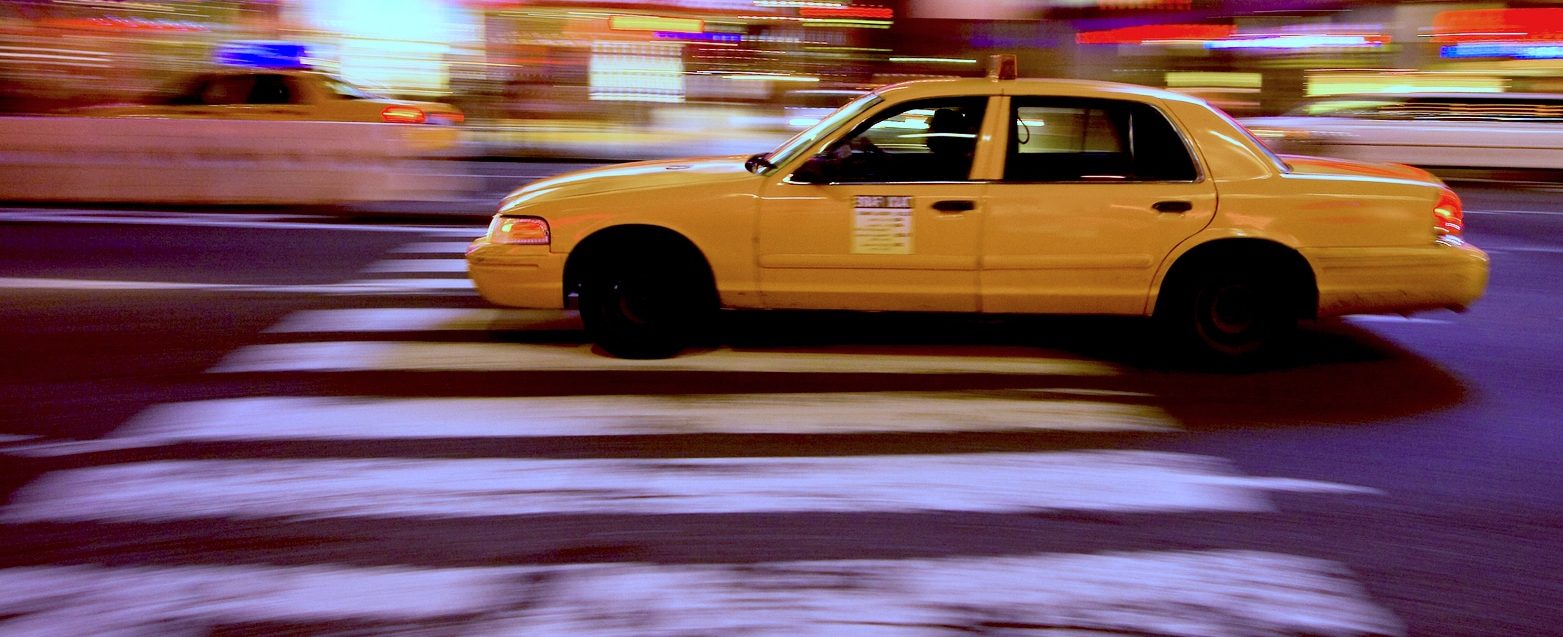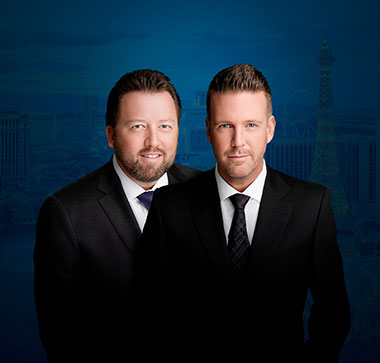Taxi Cab or Rideshare accidents can happen in the blink of an eye and can jeopardize the life of both the driver and the passenger. Unfortunately, road accidents involving taxi cabs are not uncommon in Nevada, especially in the Las Vegas and Henderson area and accompanying Las Vegas Strip. What are some measures drivers can take to ensure their own and client safety? What are some steps the client can take if injured in a taxi or rideshare accident?
Taxi Cab Accidents in Las Vegas/ Henderson Area
The taxi industry is one of the most profitable industries in Las Vegas, a popular tourist location; in fact, the industry generates an estimated twenty-eight million dollars every year. However, Clark County taxi drivers also receive thousands of traffic violations every year, and are responsible for a fair share of motor vehicle accidents in the area. In fact, the Nevada Taxicab Authority has a tiered citation penalty whereby after the 5th offense taxi drivers’ licenses are often revoked. [1]
In early 2020, a twenty one year old Las Vegas pedestrian was hit by a taxi in the downtown area and was seriously injured. [2] Unfortunately, her injuries proved fatal and she passed away a few days after the incident. While these such incidents have been down ninety-seven percent this year due to the Covid-19 shutdown, in 2019, there were twenty taxi accidents that resulted in injuries or fatalities in Clark County [3].
Safety Precautions and Compensation
Taxi or Rideshare drivers can cause accidents in a variety of ways. Texting while driving, Driving aggressively, driving under the influence, and even fatigued driving are all common causes of accidents. However, the most common cause of these accidents are drivers’ lack of experience, or the drivers’ rush to collect more fares than they can handle. Additionally, drivers who own their taxi cab are proven to be more careful and experienced than those who rent their vehicle. [4]
Passenger injuries in Taxicabs are usually more severe than those caused in other motor vehicle accidents due to the lack of seatbelts and partitions between the driver and the passenger. Common injuries include: Broken bones (especially the collar bone or other bones in upper body), head and traumatic brain injury, spinal injury, whiplash, internal organ damage, and sometimes death.
To ensure passenger safety, the Taxi Company or Rideshare app must ensure the quality of the vehicle, as well as verify the background and quality of the driver. Under Nevada Law, a taxi company must verify the following when servicing a vehicle (Nevada Law 706.8837):
- Make sure the steering mechanics work properly
- Check for loose bolts and other loose parts
- Fix broken hinges or latches
- Ensure it’s easy to open and close the doors
- Keep advertising from distracting the driver
- Check for cracks in the windows
- Try the brakes and the horn
- Maintain the exhaust system in good condition
- Use good tires
- Clean the interior of the vehicle
- Make sure all the signals work
- Comply with federal and state pollution standards [4]
A vehicle that meets these standards will reduce the risk of injury due to vehicular malfunction.
Nevada Law 706.453 requires taxi companies to hire safe and experienced drivers. Drivers must have a current and valid license and a medical check. The taxi company must also perform background checks on all employees. If they hire someone that they know isn’t going to be a safe driver, or if they retain a driver who shows warning signs, the taxi company can be liable for negligent hiring practices if you’re hurt as a result of the driver’s actions. [5]
While Taxi Cab laws have been in place for a very long time, Nevada law makers have had to play catch-up with laws regarding Rideshare apps like Uber and Lyft. Chapter 706A governs other transportation companies like Uber and Lyft. The legislature enacted many of the laws in Chapter 706A in 2015 [6]. With ride-sharing companies, you’re typically only covered when the driver is giving someone a ride. The $1,000,000 commercial policy applies during a ride, but there are much smaller insurance policies that may apply if a rideshare driver is in their vehicle but waiting for a customer or driving without one.
So what do you do if you get injured during a taxi accident or rideshare accident? The first step is to call 911 if injured and take steps to ensure your safety. Once you have sought medical help or the aide of emergency services, document the accident by taking pictures of the accident and injuries. If possible, try and find any witnesses or other people involved in the accident who can verify what happened. The last step is to contact your insurance company who can pay out damages , losses, etc.
So why contact a lawyer? Different rules apply to different types of taxi accidents. Lawyers can also get in touch with other parties, such as the taxi company’s insurance, as well as the company’s representatives. Lawyers can help guide you through this difficult process, especially if you are injured and unable to do so yourself. Hiring a lawyer also helps if the insurance company seems hesitant in paying you or is low-balling the pay out. Remember, if injuries require long time rehabilitation or ongoing medical treatment, these costs can add up quickly.
The taxi industry is a large and vital industry in Nevada, especially in Clark County. Unfortunately, accidents involving taxis and ride shares are not uncommon, and if injured it can be difficult and confusing to get compensation from an insurance company. Knowing the proper steps and hiring a lawyer can guide you through the process more easily.
[4] https://www.cmu.edu/dietrich/sds/docs/loewenstein/NYCCabdrivers.pdf
[4] https://www.leg.state.nv.us/nrs/nrs-706.html
[5] https://www.leg.state.nv.us/NAC/NAC-706.html#NAC706Sec048



